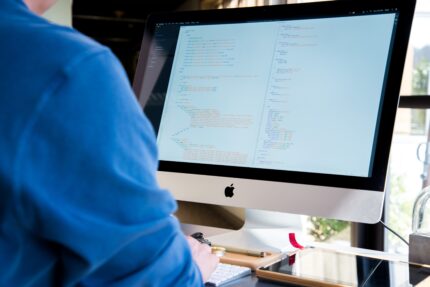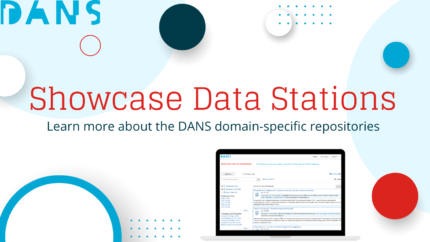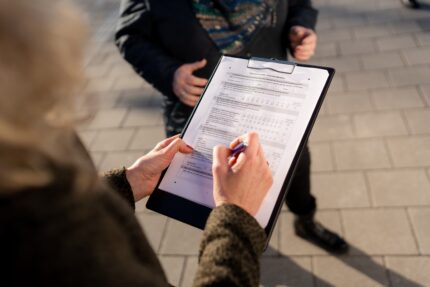ODISSEI Conference for Social Science in the Netherlands 2023
The ODISSEI Conference for Social Science in the Netherlands seeks to bring together a community of computational social scientists to discuss data, methods, infrastructure, ethics and theoretical work related to digital and computational approaches in social science research.










